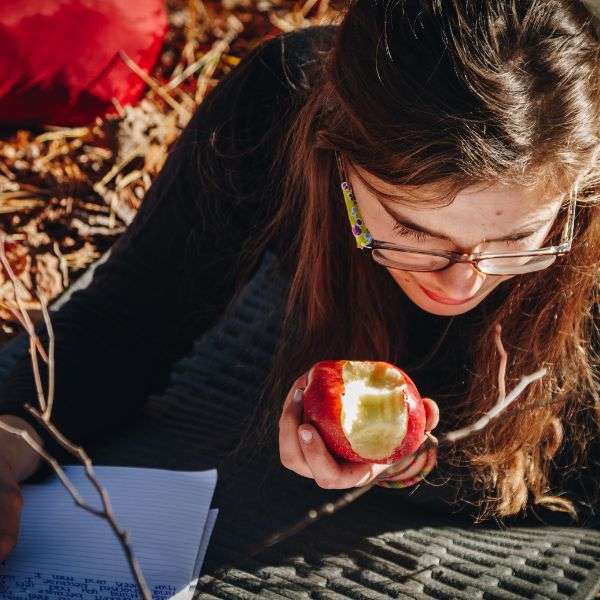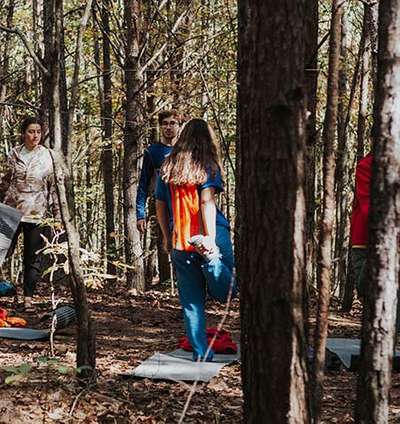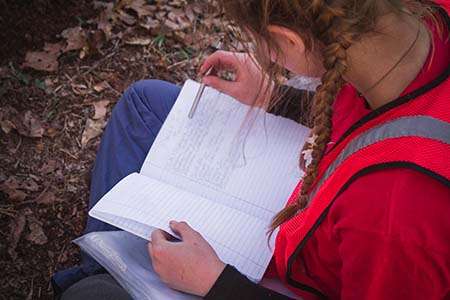Academic success in unusual times: Is your teen struggling with virtual learning? When schools shut down in the spring, students took a break from the hustle of attending classes and extracurriculars every day. Some went home thinking that they’d be back together in a month or two- but as 2020 draws to a close, about half of the students in the U.S. haven’t stepped foot in a school since March.

Academic success in unusual times: Is your teen struggling with virtual learning?

Millions of students are instead enrolled in virtual classes- and they’re failing. Even for those students attending classes in person, keeping up in school can be difficult right now. Plummeting grades from life disruptions and virtual learning obstacles are a national concern. For many students, great parenting alone isn’t enough to get them back on track.
Among disruptions in medical treatment, significant life events and routine in general, Covid-19 has seriously disrupted the continuity of learning for teens and young adults in school. While students are expected to perform in a virtual setting, the transition to online learning and the implementation of new precautions has decreased access to teachers, guidance counselors and peers, hindering student motivation and attendance as well as limiting vital in-person engagement.
For teens and young adults who may have already struggled with learning obstacles, the lack of tools, resources and routine can complicate their lives as they navigate new disruptions. Many students don’t feel engaged with virtual learning platforms, experiencing ‘Zoom fatigue’ and low motivation. Academics may take a back seat as students spend their energy distracting from, processing, or worrying about the compromised safety and security of their world and loved ones.
It’s possible that students who didn’t previously show any (or many) symptoms of jeopardized academic performance or mental health may also experience school problems, anxiety, depression or other issues for the first time. While most of us have experienced stress this year, stress and anxiety can manifest differently on an individual basis: whether it’s acting out, withdrawing, school avoidance, or even crises such as suicidal ideation or unhealthy risk-taking, it’s important to address these issues before they worsen.
For more information about Blue Ridge’s Academics program, visit our academics page or reach out to one of our admissions counselors today at (888) 914-1040.

If your child is struggling with virtual learning or other life disruptions, you might consider Blue Ridge Therapeutic Wilderness. The treatment team at Blue Ridge Therapeutic Wilderness understands that parenting teens and young adults can feel scary and lonely- even before the pandemic. As a parent, It’s vital for you and your adolescent to maintain a trusting relationship with strong communication and to remain on the lookout for behavior changes that may signal disturbance or distress.
This trust and communication can be difficult to cultivate without outside help. In addition to academic support, Blue Ridge teaches students and their families the skills necessary to deal with life’s obstacles and connect in meaningful ways.
Many of the clients at BRTW participate in our program because they aren’t functioning well in their academic life. At Blue Ridge, students who are eligible can receive credits in English, Environmental Science, Psychology and Physical Education. This access to course credits with in-person support allows students to become engaged in an academic program that is integrated with and related to their clinical process. In addition to 24/7 support and accountability from field staff, students will also talk about their academic and clinical progress in sessions with their therapist.
References
- Source: NWEA
- Source: NY Times
- Source: Brown University
- Source: CDC

